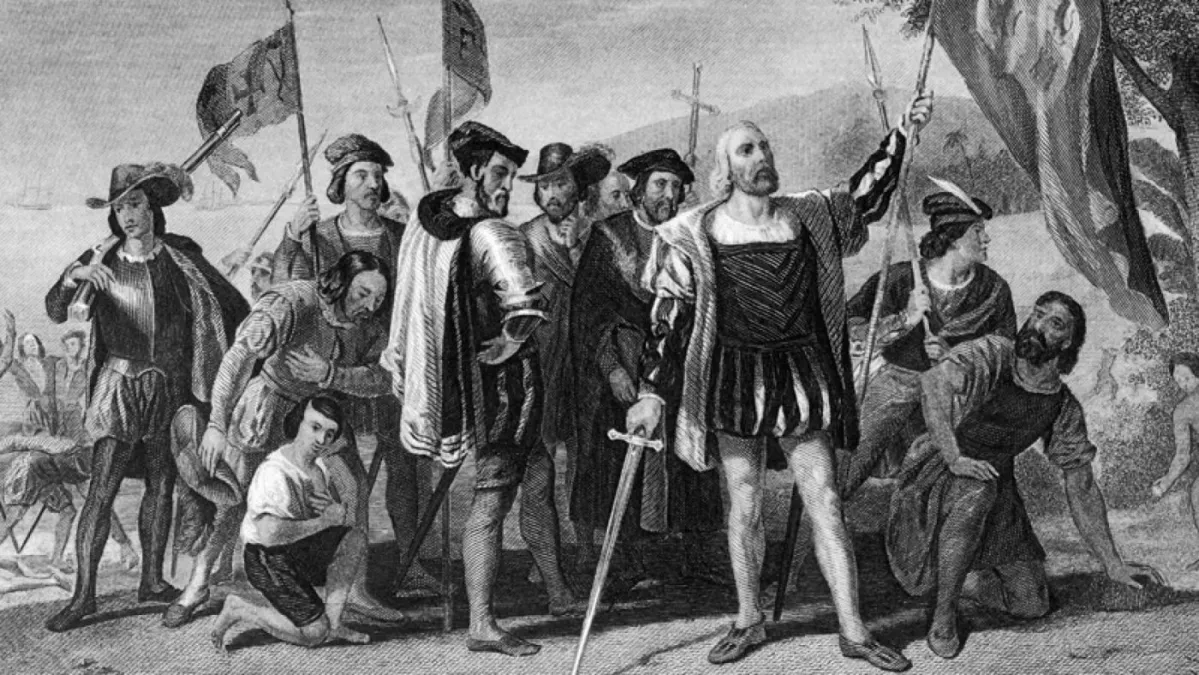In true American fashion, anything can be a national holiday if enough people buy into the manufactured narrative behind it. Even if the object of that celebration is Christopher Columbus, whose history of pillaging and murder is traded for that of a “hero” who “discovered” (is a place uncovered if people are already living there?) America. In one long-winded sentence, American culture manages to erase a long and brutal history involving the genocide of indigenous people on multiple continents.
With great success, the United States has cultivated an erroneous idea of Christopher Columbus as a way to downplay the violent history of the country’s “birth.” It’s a lot more idealistic to think that “in 1492, Columbus sailed the ocean blue” and let that be the end of that. However, the history of America is filled with bloodshed and death perpetuated by Columbus and his many voyages. With every trip, Columbus brought deadly diseases, violence, and many successful attempts to appropriate land that didn’t belong to the European nations. All in the name of “discovery” and “expansion” of the many monarchies that ruled in the East.
Celebrated every second Monday of October, Columbus Day was christened in the name of Italian-American culture in the early 20th Century, during a time period when Italian immigrants were the focus of widespread discrimination. Does that excuse the celebration of a man whose actions led to the massacre of indigenous Americans? To Columbus, Indigenous people were deterrents to overcome on his way to wealth and notoriety. His history is emblematic of colonization and the violence endured by natives of the land. That’s what sailed that fate day in 1492.
So, why do we as a country still celebrate Columbus Day? Perhaps it’s easier to play down the residual issues of colonization with fantastical stories of one man’s “adventures” in the deep blue sea. For Americans of European descent, it can be hard to reconcile with their heritage. But it’s not as hard as it is for the ancestors of the many Indigenous communities directly impacted by Christopher Columbus and his voyages of horror. From displacement to the disproportionately impactful climate crisis, Indigenous communities still feel the unwavering grip of colonialism. The least this nation can do is celebrate the lives of those communities who’ve persevered despite almost being completely eradicated from their homes.
Choosing to celebrate Indigenous Peoples Day instead (not additionally, as many places in the U.S. do) is a small step in the right direction of correcting a wrong, to do something as basic as taking one day out of the year to reflect on the damage left behind and everything Columbus represents to Indigenous communities, rather than prioritizing the feelings of white Americans. It’s the least we can do.
(featured image: Getty Images)










Published: Oct 9, 2023 12:23 pm